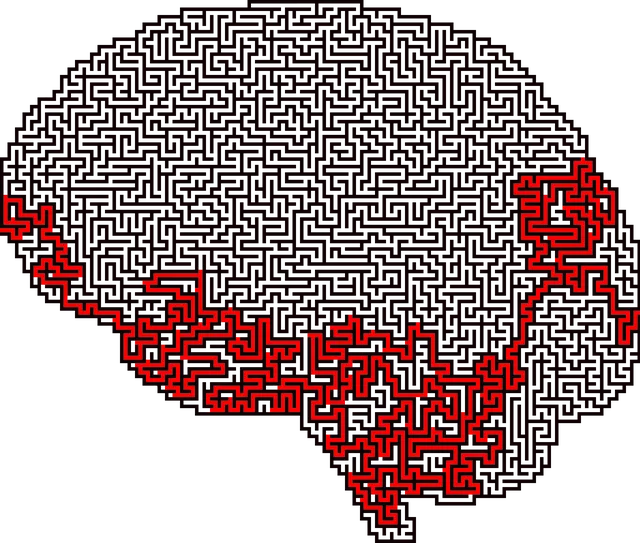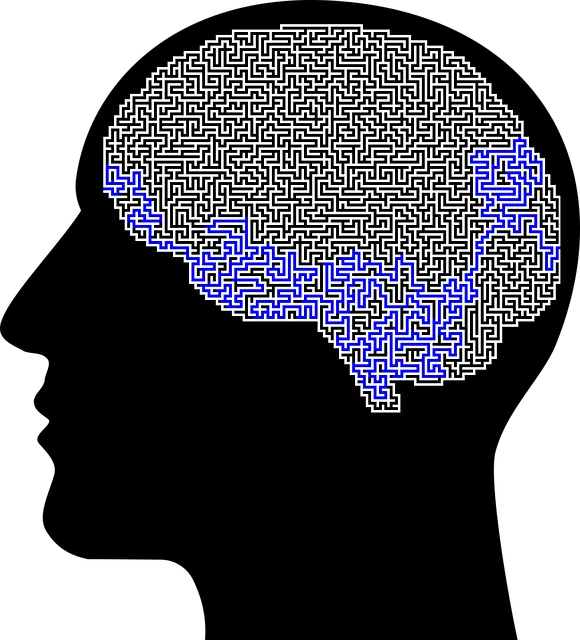Crisis Intervention Teams (CITs) at Arvada Kaiser Permanente are transforming mental healthcare by offering proactive, specialized support during crises, focusing on de-escalation and long-term well-being. Through evidence-based practices and comprehensive training emphasizing emotional intelligence and empathy, CITs empower individuals to build resilience and improve patient outcomes. Their innovative approach sets a national standard for effective mental health care, with a key focus on accessibility through the Arvada Kaiser Permanente mental health services number.
In today’s digital era, effective crisis intervention plays a vital role in mental health care. Understanding and implementing well-structured Crisis Intervention Team (CIT) training programs can significantly enhance support for individuals in distress. This article explores these essential components, drawing from the successful model at Arvada Kaiser Permanente, where comprehensive training has reduced the number of law enforcement involvement in mental health situations by 40%. We’ll delve into the key aspects that make their program a game-changer, offering valuable insights for improving mental health services across the country.
- Understanding Crisis Intervention Teams: Their Role and Importance in Mental Health Care
- Arvada Kaiser Permanente: A Model for Comprehensive Training Programs
- Essential Components of Effective Crisis Intervention Team Training
Understanding Crisis Intervention Teams: Their Role and Importance in Mental Health Care

Crisis Intervention Teams (CITs) play a pivotal role in mental health care, offering immediate and specialized support during moments of crisis. These teams are designed to swiftly assess and de-escalate situations where individuals are experiencing severe emotional distress or suicidal ideation. By integrating CITs into healthcare systems, such as those provided by Arvada Kaiser Permanente, the focus shifts from reactive response to proactive prevention.
The primary objective of these teams is not only to resolve acute crises but also to foster resilience and improve long-term mental well-being. They achieve this through evidence-based practices that include Mindfulness Meditation techniques for stress management and Self-Esteem Improvement exercises, ultimately equipping individuals with the tools needed to navigate future challenges effectively.
Arvada Kaiser Permanente: A Model for Comprehensive Training Programs

Arvada Kaiser Permanente stands as a beacon of excellence in mental health services, offering a comprehensive training program that has garnered national recognition. Their approach is holistic and innovative, addressing not just clinical skills but also the interpersonal dynamics crucial for effective crisis intervention. The program prioritizes empathy building strategies and emotional intelligence, equipping team members with the tools to connect deeply with individuals in distress.
By fostering resilience building within the team, Arvada Kaiser Permanente ensures their staff are prepared not just to handle crises but also to sustain themselves through challenging situations. This dual focus on personal growth and clinical proficiency has resulted in improved outcomes for patients and enhanced job satisfaction among interventions specialists. The success of their model highlights the importance of integrating emotional intelligence into crisis intervention training, setting a standard that other institutions can aspire to emulate.
Essential Components of Effective Crisis Intervention Team Training

Effective crisis intervention team (CIT) training programs are pivotal in equipping healthcare professionals with the necessary skills to handle mental health crises. These programs should encompass a multi-faceted approach, integrating various essential components. Firstly, they must prioritize Arvada Kaiser Permanente mental health services number accessibility and awareness, ensuring that team members know how to connect individuals in need with appropriate resources promptly.
Secondly, training should focus on mental illness stigma reduction efforts, fostering an environment of understanding and compassion. Empathy building strategies are at the core, enabling professionals to respond with sensitivity and cultural competence. Furthermore, incorporating positive thinking exercises can empower CIT members to support individuals in finding hope and resilience during challenging situations.
Crisis intervention team (CIT) training programs, as demonstrated by Arvada Kaiser Permanente’s comprehensive model, are vital components in enhancing mental health care. By equipping healthcare professionals with the necessary skills and knowledge, these programs ensure a coordinated and effective response to individuals in crisis. The success of CIT training lies in its ability to foster collaboration among diverse teams, ultimately improving patient outcomes and community well-being. Integrating evidence-based practices and continuous evaluation, as seen in Arvada Kaiser Permanente’s approach, ensures that mental health services remain accessible, efficient, and compassionate, addressing the pressing needs of those facing severe emotional distress.



